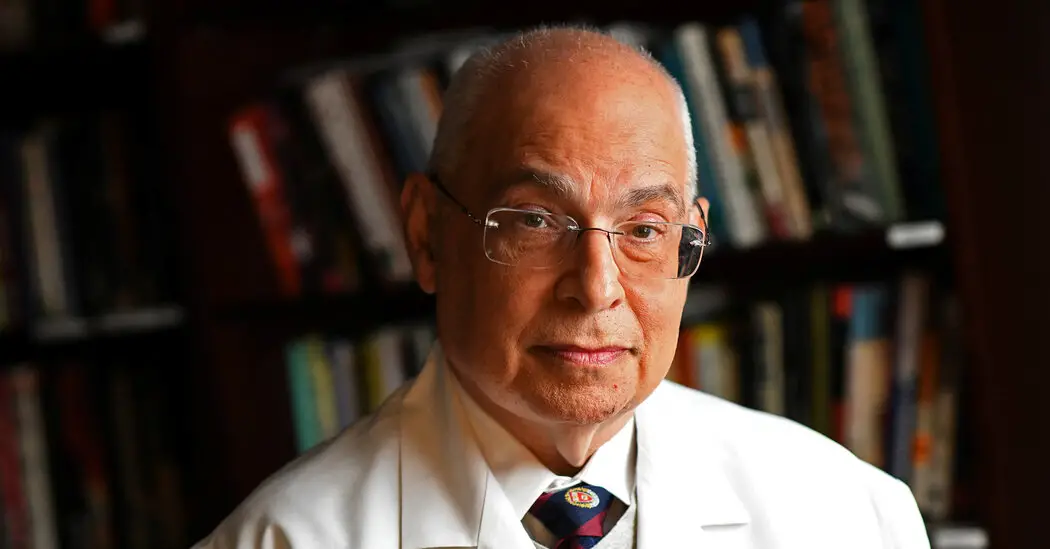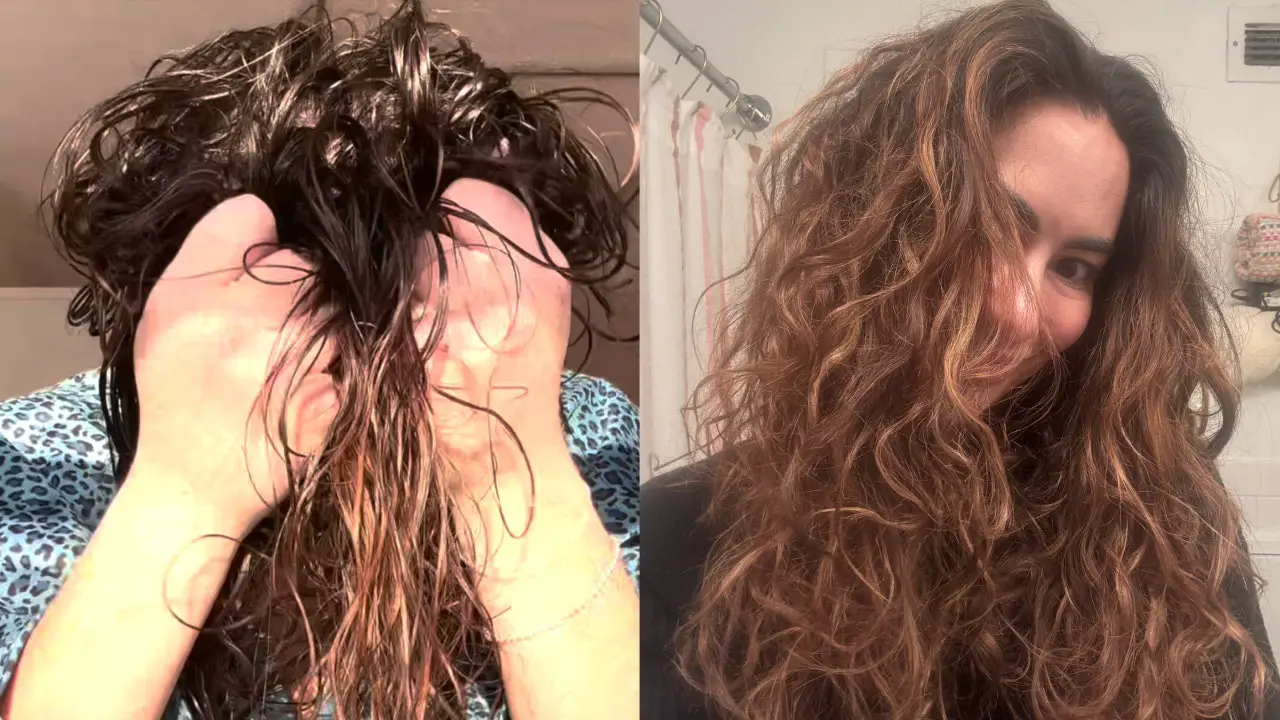
Dr. David Egilman, a physician and expert witness who, over a 35-year span, gave testimony in some 600 trials involving corporate malfeasance, resulting in billions of dollars in awards for victims and their survivors, died on April 2 at his home in Foxborough, Mass. He was 71.
The cause was cardiac arrest, his son Alex said.
Many medical experts make a side business in court, offering their informed opinions on the witness stand and helping to validate or undermine plaintiffs’ claims. But few make it a career-long passion in the way Dr. Egilman did. He taught at Brown University and ran a private practice but spent most of his time consulting and testifying in as many as 15 cases a year.
He did more than just opine from the stand. A dogged researcher, he dug up incriminating emails and memos showing that, in many cases, drug companies knew the risks involved with putting a new medication on the market but went ahead anyway.
He provided critical testimony in a class-action lawsuit against Johnson & Johnson, claiming that it had failed to reveal the health risks involved presented by Johnson’s baby powder and other products containing talc. “Although several settlements have been proposed in the suit, including one for $8.9 billion in 2023, the litigation is continuing.
Dr. Egilman’s work as an expert witness rubbed some people the wrong way, especially defense lawyers and pharmaceutical company executives, who argued that he was too dogmatic to provide objective analysis. But Dr. Egilman saw things differently.
“As a doctor, I can treat one cancer patient at a time,” he said during a 2018 trial. “But by being here, I have the potential to save millions.”
His work extended beyond the courtroom: He helped legal teams strategize their cases, and he coached them on how to present complicated medical data to juries.
“David was a game changer on so many levels,” said Mark Lanier, a lawyer who worked with Dr. Egilman for 25 years. “David helped me in cases where he was testifying, but also where he was simply giving advice and insight.”
He also pushed back against what he saw as pharmaceutical marketing intruding on the realm of scientific research. Writing in peer-reviewed medical journals, he showed how drug companies used tactics like ghostwriting — drawing up their own studies, then paying a doctor to add their name — and “seeding,” in which companies run their own questionable studies to build support for their drugs.
Dr. Egilman was instrumental in publicizing a declassified memo from 1950 that warned of the risks involved in government radiation tests on humans. The tests were nevertheless carried out.
“If this is to be done in humans, I feel that those concerned in the Atomic Energy Commission would be subject to considerable criticism, as admittedly, this would have a little of the Buchenwald touch,” Dr. Joseph G. Hamilton, a professor at the University of California at Berkeley, wrote in the memo, referring to the Buchenwald concentration camp where Nazi doctors carried out horrific medical experiments on prisoners.
The U.S. government apologized for the radiation tests in 1996.
At times, Dr. Egilman’s zeal got the better of him. In 2007, he agreed to pay the drug maker Eli Lilly $100,000 after leaking confidential documents to a lawyer, who then gave them to The New York Times. He was involved in a case against the company over allegations that it had pushed its antipsychotic drug Zyprexa for unapproved uses.
Eli Lilly donated the money from the settlement to charity. But the company’s victory was short lived: In 2009, it pleaded guilty to the allegations and agreed to pay $1.4 billion — including a $515 million criminal fine, the largest ever in a health care case.
Dr. Egilman was unbowed by the ups and downs of the case.
“A physician’s oath,” he told Science magazine in 2019, “never says to keep your mouth shut.”
David Steven Egilman was born on Sept. 9, 1952, in Boston. His father, Felix, was a Polish Jew who had survived the Holocaust, including a period spent in Buchenwald, because, he said, his skill as a shoemaker was prized by German officers. His wife and two children were killed in another concentration camp.
After the war, Felix Egilman immigrated to the United States, where he married Veta Albert, David’s mother, who died in a car accident when David was 10. His father withdrew emotionally in the face of the mounting trauma, leaving David largely to take care of himself.
He won a scholarship to Brown University, where he received a bachelor’s degree in molecular biology in 1974 and a medical degree in 1978. He earned a master’s degree in public health from Harvard in 1982.
Dr. Egilman married Helene Blomquist in 1988. Along with their son Alex, she survives him, as does another son, Samson.
After medical school and training at the National Institutes of Health, he moved to Cincinnati, where he set up a clinic as part of the U.S. Public Health Service. Many of his patients were industrial and mining workers who had developed medical conditions after years of working in unsafe environments.
The experience steeled Dr. Egilman’s determination to stand up against medical injustice. He returned to Massachusetts in 1985, where he opened a private practice and began teaching at Brown.
To handle his growing list of legal clients, he set up a separate company, Never Again Consulting, a nod both to his father’s experience during the Holocaust as well as the importance of not allowing the horrors of Nazi medical experimentation to be replicated.







